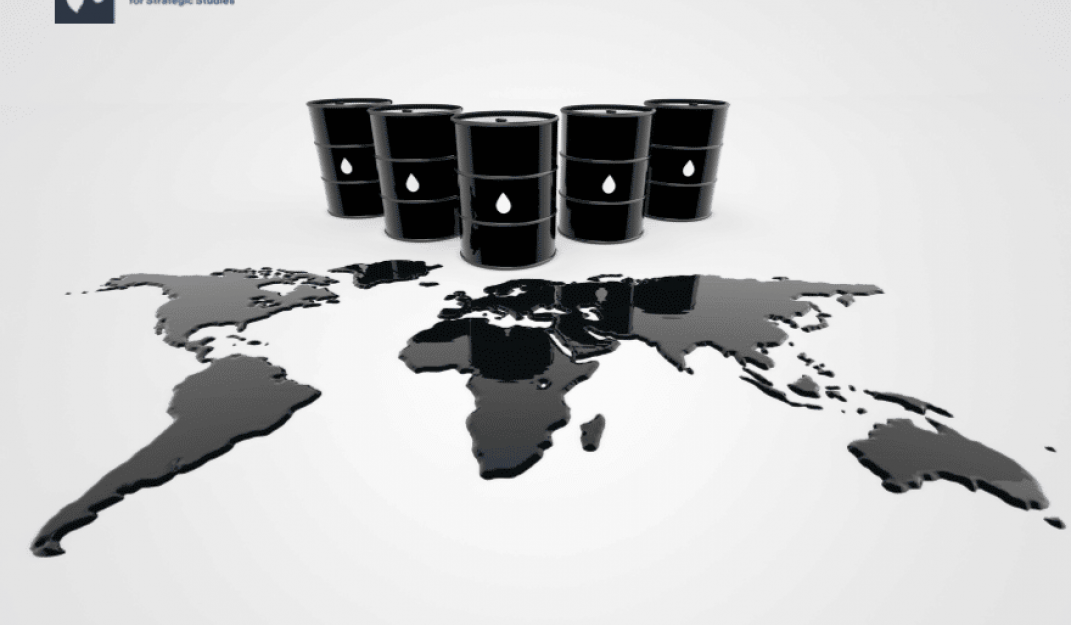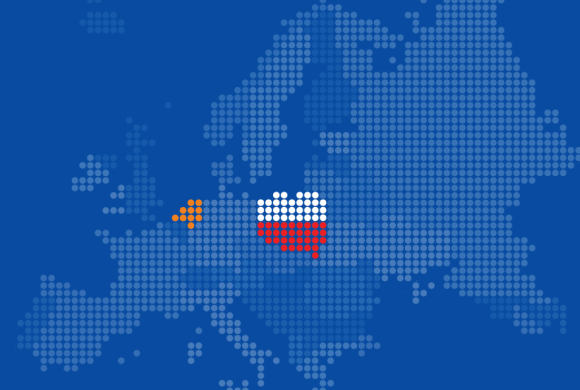From the War in Ukraine to the Energy Transition

Two years ago, oil prices fell to unprecedented low levels. Currently, we are seeing oil prices of the order of $100 per barrel again. Whilst the effects of the Covid-19 pandemic are decreasing, demand for oil has been rising rapidly, in a world where the effects of relatively low investments in the oil industry are becoming more evident and where Russian oil and oil products are being sanctioned.
Oil companies may be tempted to invest more but face significant hurdles to do so in a very uncertain world. How will oil demand develop in a world that is taking climate change much more seriously? Will they face windfall taxes? How will their license to operate fare in a world where climate change is becoming more pronounced and painful? What do western societies want these companies to focus on: investing more in renewables or addressing the current shortage of supply and reducing dependence on OPEC+? In this uncertain world, investments in new oil (if any) will tend to go to low-cost oil with a limited carbon footprint and a short payback time.
The result is a redirection of oil flows and more volatile markets. A limited reduction in the growth of oil demand, due to the energy transition, has not yet resulted in lower prices. On the contrary, doubts on the long term profitability of investments and ESG pressures bring a tendency for decreased oil supply and, if anything, higher prices in a world that is struggling to reduce the use of fossil fuels and greenhouse gas emissions. We may aim for an orderly energy transition but in reality the last phase of the fossil fuel era may be relatively chaotic.
This HCCS paper by Irina Patrahau, Lucia van Geuns and Jilles van den Beukel aims to shed light on some of the structural issues that contributed to the current crisis, as well as look ahead into some important trends in the oil market up to 2050.
Read the full report here.

The Hague Centre for Strategic Studies
HCSS conducts research and provides advice on geopolitical and defence & security issues to governments, international institutions and businesses. Our research is characterized by a datadriven, multidisciplinary approach, specialist knowledge and a strategic orientation. We combine broad, conceptual knowledge with qualitative and quantitative methods and present our findings in the form of recommendations, strategic explorations and scenario analyses




